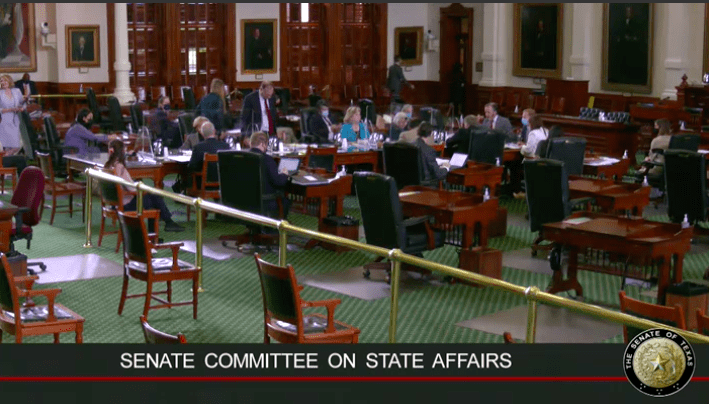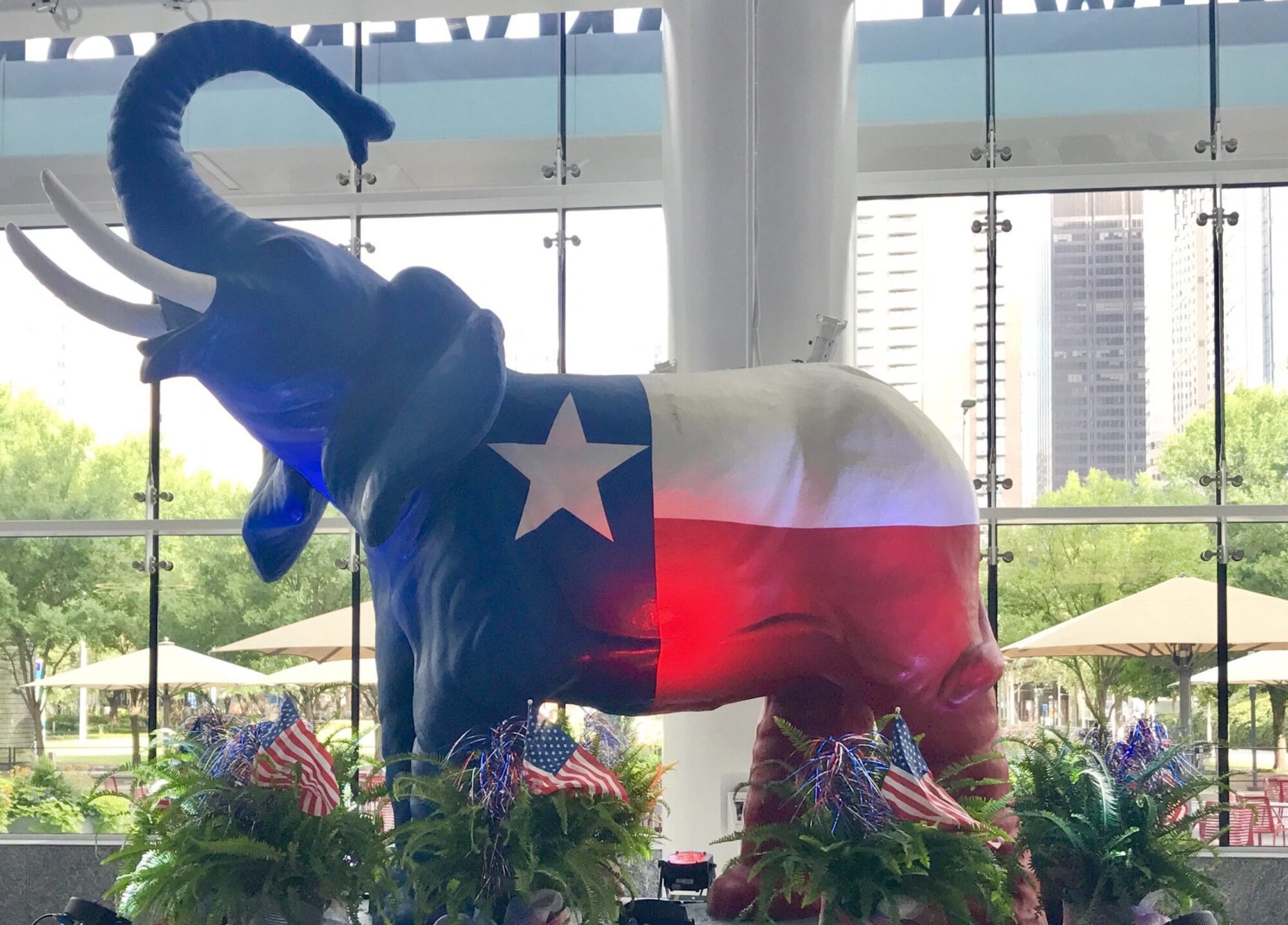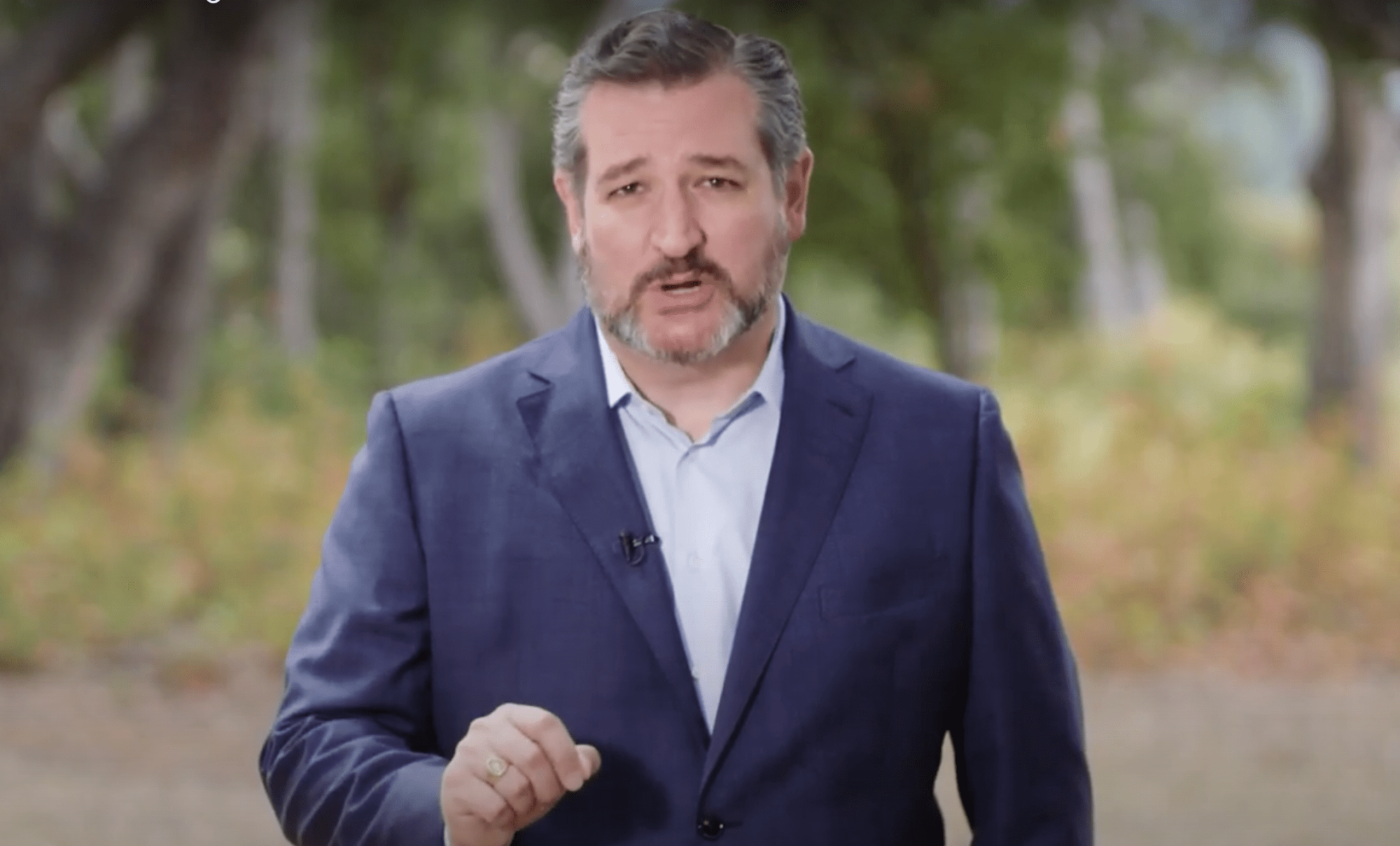UPDATED April 26.
Key election reforms continue to move through the Republican-controlled Texas Legislature as the clock ticks for lawmakers to get GOP-priority election integrity bills to the governor’s desk before the regular session ends on May 31.
Texas Scorecard is tracking the progress of key election integrity bills.
On Monday, April 19, the Senate State Affairs Committee heard five election reform bills, plus two proposed constitutional amendments related to election integrity.
Senate Joint Resolution 51 by State Sen. Brandon Creighton (R–Conroe) proposes a constitutional amendment to prohibit government officials or employees from distributing unsolicited mail-ballot applications, which can lead to voter confusion and tens of thousands of discarded applications.
In 2020, local election officials used the Chinese coronavirus as an excuse to mass-distribute ballot applications to all registered voters, whether or not they were eligible to vote by mail.
Similar bans are included in priority omnibus measures House Bill 6 and Senate Bill 7, as well as House Bill 25.
Senate Joint Resolution 61 by State Sen. Donna Campbell (R–New Braunfels) proposes a constitutional amendment to prevent any temporary suspensions of mail-ballot voting procedures, qualifications, or deadlines during declared disasters like the 2020 COVID outbreak.
The resolution goes along with Campbell’s Senate Bill 1675, dubbed the Election Protection Act, to prohibit the governor, local governments, and state agencies from changing mail-in ballot laws without the approval of the Legislature.
If the resolutions are adopted by at least two-thirds of both the Senate and House, voters would be asked to approve the measures on the November 2021 ballot.
Senate Bill 1508 by Creighton would establish an election integrity division within the Texas attorney general’s office to work with local law enforcement on election fraud investigations.
Senate Bill 1509 by Creighton would add a voter ID requirement for voting by mail that is in line with identification rules for in-person voting. A revised version of the bill (called a committee substitute) calls for voters to include a voter ID number on vote-by-mail applications and ballots (an earlier version required a photocopy of the voter’s ID).
Creighton said his bill maximizes ballot security and minimizes the burden on voters.
Testifying in favor of SB 1509, Texas Public Policy Foundation Vice President Chuck DeVore noted results of a March TPPF poll that found 81 percent of Texans say voting in person and voting by mail should have the same voter ID requirements.
House Bill 2478 proposes a similar mail-ballot voter ID provision.
Two bills by State Sen. Paul Bettencourt (R–Houston), who formerly served as Harris County’s voter registrar, also received public hearings on Monday.
Senate Bill 1111 clarifies voters must register at a place they actually inhabit—not a post office box or commercial address—and may not establish residency to influence the outcome of an election.
Bettencourt said approximately 4,880 Harris County voters are registered at private post office boxes within commercial mail box stores, which allows their votes to affect election results in districts where they don’t live.
Senate Bill 1589 by Bettencourt would establish trained election marshals to investigate alleged election code violations as they occur and intervene to prevent ongoing criminal offenses. The bill also establishes a process for expedited court action in election-related cases filed during the voting period.
Several citizens testified the bill would address crimes they witnessed as poll workers—including poll watchers blocked from observing election activities, an election judge casting voters’ ballots, and vote harvesters offering gift cards in exchange for sending fake mail ballots.
“Texas can have the best election laws in the country, but if we don’t enforce them, our laws are moot,” said Alan Vera, head of the Harris County Republican Party’s Ballot Security Committee, testifying in favor of SB 1589.
Vera said our system fails voters and election workers because local authorities decline to act on reported offenses and state inspectors have no enforcement authority. Election marshals will be law enforcement officers with special training in Texas election law.
Senate Bill 1612 by State Sen. Bob Hall (R–Edgewood) would make communication between election vendors and governmental entities subject to open records requests and direct courts to give preference to actions in election-related cases. A committee substitute would also remove the gap between early voting and Election Day, creating a single continuous voting period.
The House Elections Committee is holding a public hearing Wednesday, April 21, on a dozen more election integrity bills.
Election integrity is a top legislative priority of the Texas GOP and the only one also declared an emergency item by Republican Gov. Greg Abbott, back on February 1. Abbott said in March he was ready to sign “robust” election reform bills.
Democrats and their corporate allies are now demagoguing the reforms, mischaracterizing election integrity as “voter suppression” and “bad for business,” but they are powerless to block the legislation.
As the majority party, Republican lawmakers control the process. The clock is running on Republican grassroots’ legislative priorities.
Bill details and other resources to help citizens participate in the legislative process are available at Texas Legislature Online. Find state officials’ contact information at Texas Directory.





